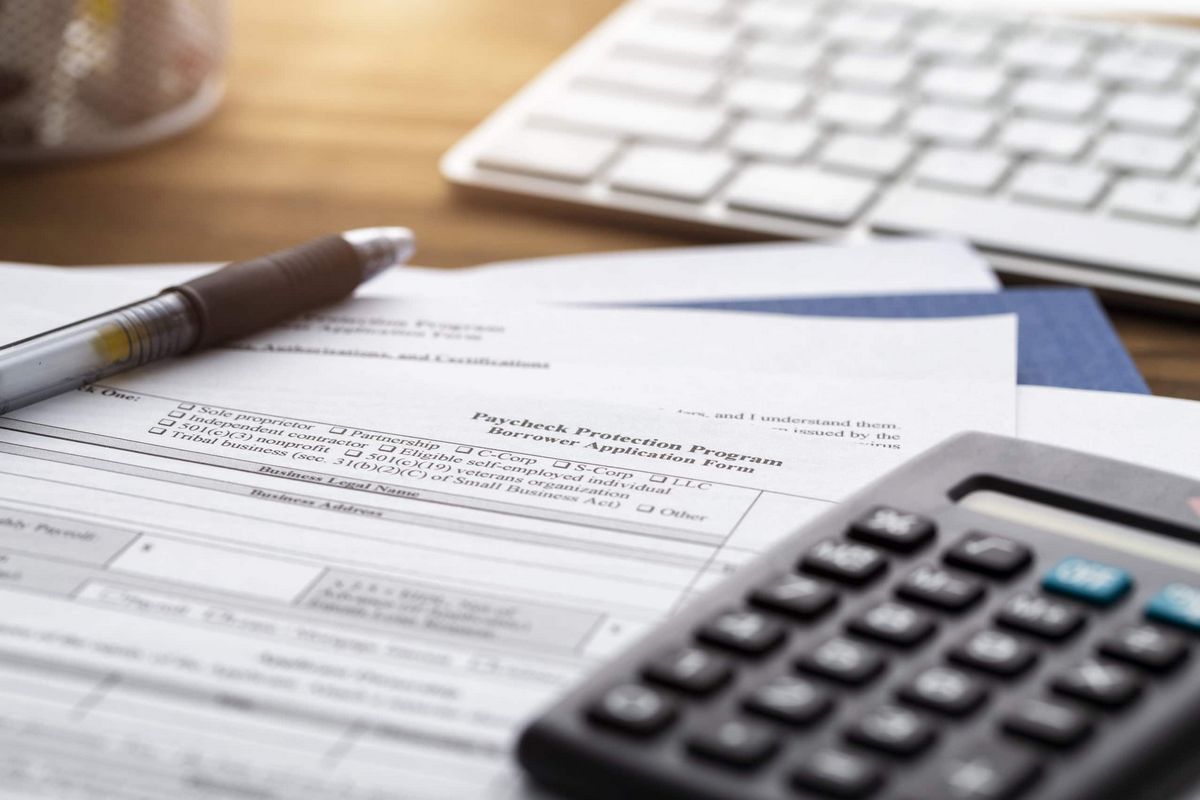
How Sole Proprietors are Taxed
A sole proprietor must report all business income or losses on their personal tax return. The business itself is not taxed separately. The IRS calls this "pass-through" taxation because business profits pass through the business and are taxed on the personal tax return.
Filing a tax return
To report income from a sole proprietorship, you must list profit or loss information on Schedule C (Profit or Loss from a Business) and submit it to the IRS with Form 1040. You’ll be taxed on all business profits, regardless of how much money you withdraw from the business. Even if you leave money in the company’s bank account for future expenses or business expansion, you must still pay taxes on that money.
You can deduct business expenses, including start-up costs, operating expenses, product and advertising costs, and business-related meals, travel, and entertainment expenses. Keep accurate records for your business separate from personal expenses. Consider using separate checkbooks for business and personal expenses and pay for all business expenses from the business checking account.
Estimated taxes
Because there’s no employer withholding income taxes from your paycheck, you must set aside enough money to pay taxes on the business income you earn throughout the year. Estimate your tax liability and make quarterly estimated income tax payments to the IRS and your state tax agency, if required.
Self-employment taxes
Sole proprietors must contribute to the Social Security and Medicare systems, known as "self-employment taxes." These contributions are equivalent to the payroll tax for employees, but sole proprietors must make their contributions when paying their income taxes. Unlike employees, sole proprietors must pay the entire amount themselves.
The self-employment tax rate varies each year. In 2002, it was 15.3% of the first $84,900 of income and 2.9% of everything over $84,900. Research the current rate. Report self-employment taxes on Schedule SE, submitted with your 1040 income tax return and Schedule C.
Incorporating your business may reduce your tax bill
Unlike a sole proprietorship, a corporation is considered a separate entity from its owners for income tax purposes. Owners of corporations do not pay tax on money earned by the corporation unless they receive it as compensation or dividends. The corporation itself pays taxes on all profits retained in the business.
Corporate taxation can offer business owners tax advantages. Corporate owners can benefit from lower corporate tax rates, especially for the first $75,000 of profits. If you choose to leave money in the business for future needs or expansion, incorporating can save you taxes on retained profits.
To learn more about how incorporating can reduce your tax bill, see How Corporations are Taxed.
Hello!
I’m Andrew Brooks, a seasoned finance consultant from the USA and the mind behind phonenumber247.com.
My career is built on a foundation of helping individuals and businesses thrive financially in an ever-changing economic landscape. At phonenumber247.com, my aim is to demystify the complex world of finance, providing clear, actionable advice that can help you navigate your financial journey with confidence. Whether it’s personal finance management, investment strategies, or understanding the nuances of market dynamics, I’m here to share insights and tools that can propel you towards your financial goals.
Welcome to my digital space, where every piece of advice is a step closer to financial clarity and success!
